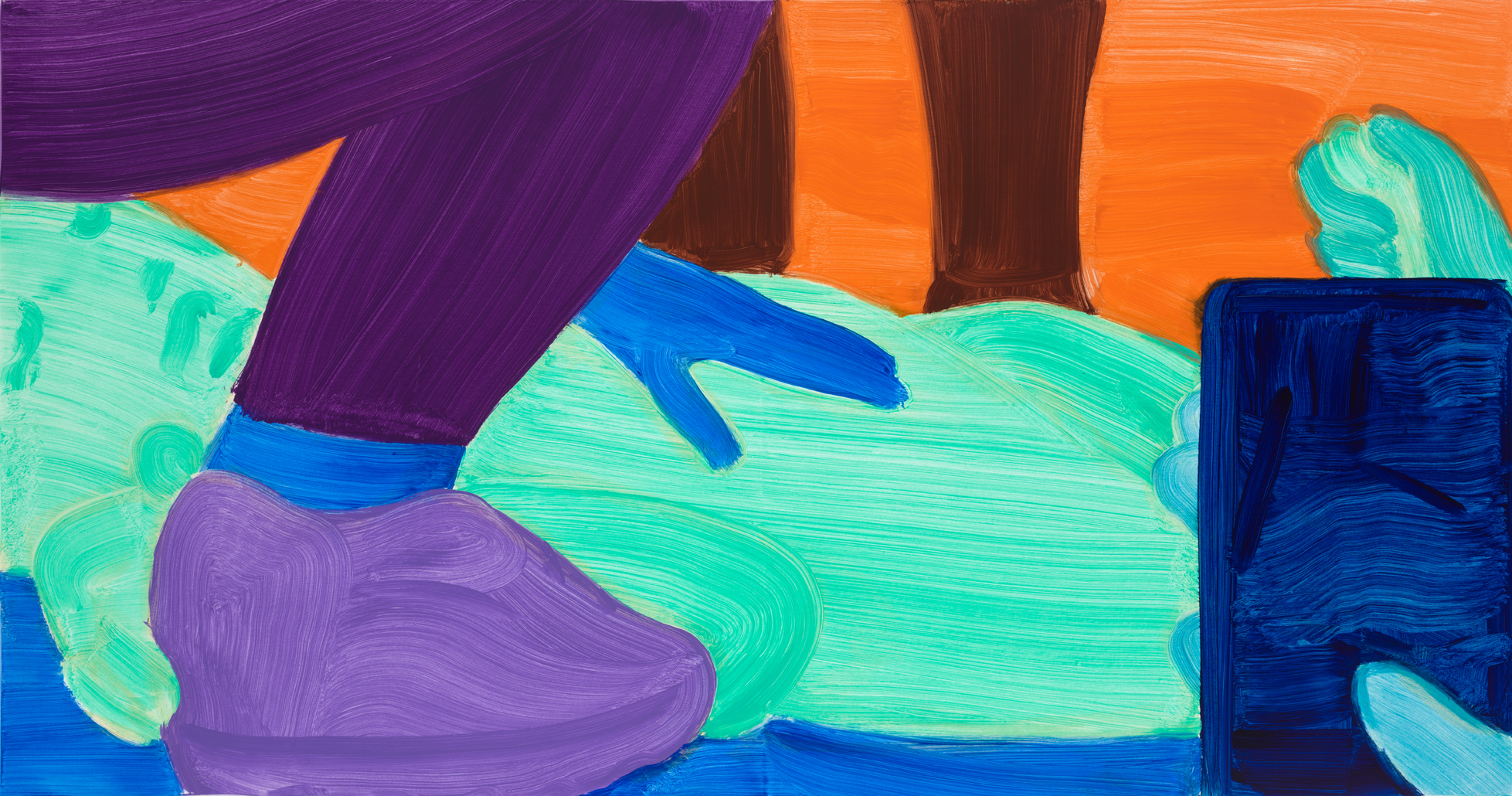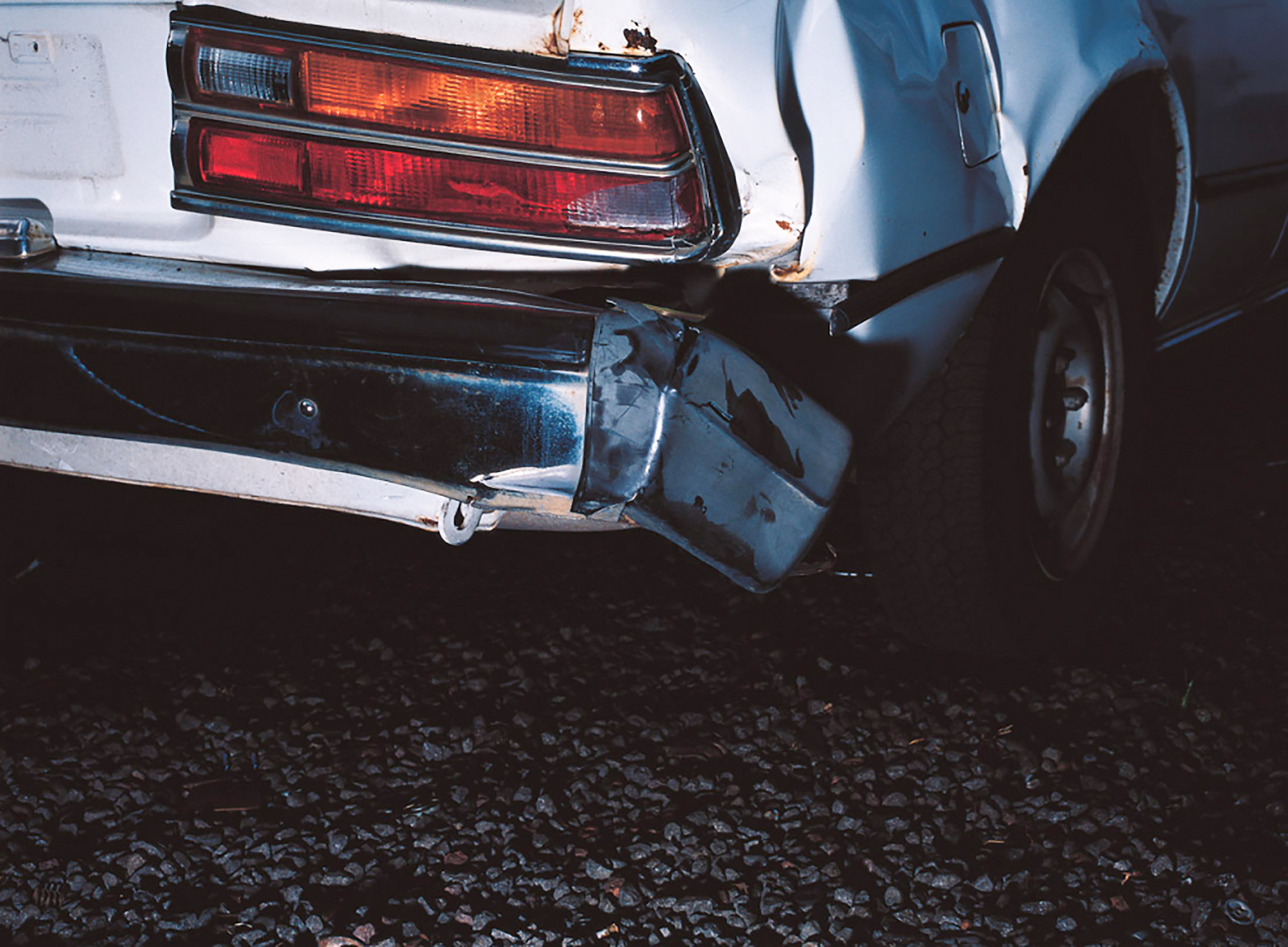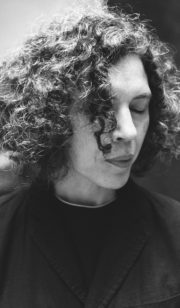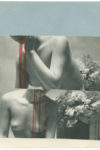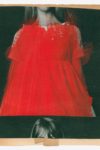KATRIEN DE BLAUWER: Hello Kaya good morning for you, early afternoon for me.
KAYA: Hello Katrien it is so nice to speak again. I am going to jump straight into this. As it is early morning and I just finished my journaling, I have an immediate question fresh in mind about your notebooks – they feel like journal entries. Do you use your diary as a way of capturing images and for sketches, or do you use these images in your notebooks similar to the way that a person would write in a journal to record their daily thoughts and experiences?
DE BLAUWER: Actually, with my diaries, I see them more as a book. From when I was very young, I kept pictures that I liked in notebooks. It started from there. But it was not like a diary. It was more about seeing pictures that I liked, and wanting to keep them and to glue them on paper as a reference or as keepsake. But now of course, I have so many. It is not the same as my work. It is completely another work. It is together, but I see it completely differently because the notebooks always come after my work is completed. When I do the notebooks, I also stop thinking. It is like my hands are instruments. It is very strange to tell you because the notebooks, Kaya, are more pure. They don’t need a canvas. They don’t need the paperbacks with the colors. When I do my work, I have to do the canvas, the old paper and I am looking for the colors. It is very honest. I always compare them to a dancer. I always wanted to be a dancer when I was young. Dancers have a lot of training, concentration, and discipline. When you look at something on the stage, you forget how complex it is and how many hours of work it is. It seems so simple and spontaneous that you forget all the complexities. But of course I write and I read a lot of articles from the newspaper or various books. What I like always ends up in my books and the titles of my work come from my notebooks.
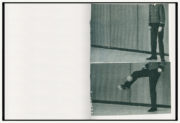

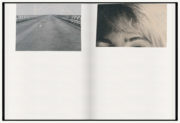
KAYA: That’s interesting, there is always an element of movement in your collages. Is there a particular reason why you choose magazines?
DE BLAUWER: I think it comes from a story when I was very young. My father has a lot of family albums with a lot of pictures. And I knew I could not touch them, let alone look at them. He didn’t like it. I wanted to compile my own albums in the same way that he did, but I did not have the material, much less a camera. So I started to look in magazines. Then I started to put together my own books. This where it comes from. Then the work grew with me. Puzzles started to come together.
KAYA: Puzzles? Do you perceive your collages as puzzles or would you describe the process as intuitive? Is there a specific process you have when starting a piece?
DE BLAUWER: The book I put together, “WHEN I WAS A BOY,” was based on a true story. You see a lot of pink and blue. Boys and girls. Elegant women with long black hair. The village. This story was when I was young. Then I went to the expos and I showed the book, people have their own ideas. And if I tell my story about the book, it is very different. Because in the beginning, I did not have any particular theme to start. However, now I start with a theme and then begin to go with the flow in constructing the images. You can see this shift in my books “WHY I HATE CARS” and “YOU CAN AT LEAST PRETEND TO LIKE YELLOW.”
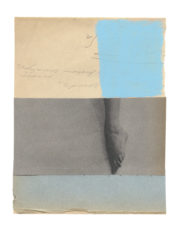
KAYA: What are your feelings about old images versus new? Do you think that old images carry a certain weight, texture, or summon a particular spirit that is hard to come through or achieve in new images?
DE BLAUWER: I always like to go back to the basics. I like the tension between the present, the past, and the moment, and the future also. And I think, the present is what you know, right in the moment. Now, I look in a magazine and I enter a whole different history, a history that sometimes I don’t know. I read it and reread it again, and really study it. And then I take this history, and bring it back to the present moment, knowing that it will eventually move into a future that I don’t know. I know that I work with the past a lot, but it is happening now. It is also interesting that you discover a lot, it becomes a huge adventure. The feelings I have when I am going to the past is like traveling through these pictures and I can bring in my own moods and feelings. Then I make my own story again. At my exhibitions, people look at the work and bring their own stories. There is this Russian writer Sventlana Alexievich, who wrote “Voices from Chernobyl”. And she says, “My past no longer protects me. There aren’t any answers there. They were there before, but now they’re not. The future is destroying me, not the past.” When I read something like this, I can really go and create something. It is like the history of someone else in my experience now.
KAYA: Speaking of the past and its influence on our present reality. How did some of the new life patterns during lockdown affect the way that you create? Did you create more? What was that period like for you?
DE BLAUWER: As an artist, I like to work in my atelier and to be alone in silence. I do not like too many people around me. Covid was a heavy period. I moved from the city of Antwerp, and I went out to the country, back to my roots. So the movement was quite a big change for me. There was a sense of happiness. Before Covid, there was a lot of noise, smells in the city and everything was moving so fast. Then Covid arrived and I enjoyed it a lot, in the beginning. I loved it at first. I am really sorry to say so. I enjoyed a lot of silence and saw the people around me how they changed and took more time for themselves. I saw parents connecting with their children. You could hear the birds singing. The smell was gone.
In regards to my work, the book “YOU COULD AT LEAST PRETEND TO LIKE YELLOW,” I made it during the Covid period because suddenly, the color yellow, this color was there. And yellow, I really don’t like that color at all. In fact, I hate it. It makes me think about jealousy, and distrust, yeah. I just don’t like it. Also, if you look into the translation of yellow and the feelings associated with it, there are things like loneliness there. I had a lot of thoughts of irritation and fear, and it ominously came into my work by accident. Because the work is quite dark. I did not see it in the beginning, but when I look again now, I see a lot of women naked… that have a strong desire to be in themselves, but also to be out of themselves. And you see that they need a lot of protection… safety. Also, if you look at the position of their figures, you see that they really need it. During Covid there was that feeling…
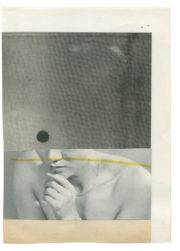
KAYA: Can you describe any unique challenges that you faced?
DE BLAUWER: When I moved back to the countryside. I saw my father, whom I have not seen for many years. We were in contact before, but only by telephone. Through Covid, I got to speak to him more and know him a little bit better. I would go to his house and I fell in love with my hometown again. There is a lot of poetry here in this little village. But then I lost my father to Covid in December of 2021, and it changed me a lot, because it was by surprise. With Covid, you cannot go to the hospital to talk with them, to caress them, to comfort them or just to give a hand. It is always just a zoom meeting. My Papa was like 82 years old. He was a very positive and energetic man, a very strong man. Me and my husband thought, yes, he will come through, he is very tough. It really hurt because I could not go to him. It changed me very much. I am a little bit angry. It was so fast, I was angry, I was in disbelief. After so many years, I come back to my roots and now this happens. Woooo I have a lot of questions. Still, today, I don’t know how this happened. I did not make any new work around that, but I think it will heal me to do something based on him.
KAYA: Ahh, Katrien, that is so tuff. I am so sorry. My deepest condolences. How are you now? How are you coping and processing these events?
DE BLAUWER: Moving was already a big experience on its own, from the city to the country. And you don’t know what it will be like. But the second part, woof. From December until now, I have been working very hard. I sometimes work work work, perhaps to forget, but I work a lot. These are also the words my father would say, “Keep focused on your work. When my spirit is gone, think about me, but take care about your work.” So I try to do my work, the best I can. I think this is also my positivity, to do the work as well as I can. I can not hide the feelings or memories. You can’t do anything without memories, also the hidden memories.
KAYA: Thank you so much Katrien for sharing these intimate thoughts and your personal experiences. The pandemic has introduced a range of emotions and challenges. But in the end, it has given us the gift of reflection, and like any gift, you can appreciate it and see the sentiment or reject it in dissatisfaction. The way we accept and process this will determine whats next. But as you said, we have to keep moving and keep creating our best work and hold onto the memory.
DE BLAUWER: Yes Kaya!
_
Interview by KAYA
Images Courtesy the artist © KATRIEN DE BLAUWER
Katrien De Blauwer is represented by Galerie Les Filles du Calvaire and Gallery FIFTY ONE.
_
www.katriendeblauwer.com
